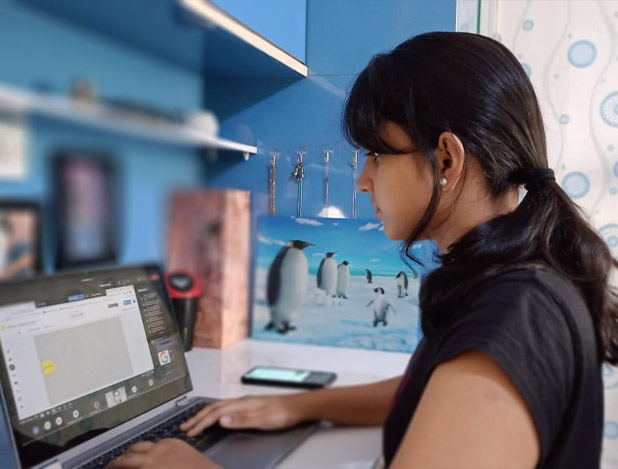5 Top Teaching Strategies to ensure a Child’s Holistic Development
- 22 December 2021


‘Every child is a different kind of flower and altogether makes this world a beautiful garden.’ Children are individuals with unique talents, capabilities and aspirations. These qualities need to be nurtured in order for children to flourish in their development. The educational curriculum must be able to help every child find his or her unique place in the world in alignment with the uniqueness that he or she has. In Oakridge International School, Bengaluru, we do believe that the aim of education will not only be cognitive development but also building character and creating holistic and well-rounded individuals equipped with the key 21st-century skills. Few strategies that have been fruitful in the journey of a student’s holistic development are as follows:
1. Believing in students’ potential A teacher’s success begins with the success of their students. Believe in their potential to succeed and make sure you motivate them to try beyond their limits. We need to set goals and objectives with our students. Mastery-oriented goals give students the opportunity to focus on learning standards and their own growth. Creating a special bond with them helps students to express or show their true inner potential.
2. Global Campus platform Global Campus is Nord Anglia’s exclusive online learning platform, where students from our schools around the world learn and develop their problem-solving and creative thinking skills.Students have access to one-of-a-kind learning activities from an exclusive collaboration with MIT, UNICEF and Juilliard.
3. Experiential learning and digital technology Experiential learning is the process of learning by doing. We integrate PBL (Project-Based Learning) and STEAM (Science Technology Engineering Arts and Maths) in our curriculum to hone skills like collaboration, creativity, critical thinking, and problem-solving. Callido and century tech are online tools based on artificial intelligence which helps to develop the cognitive skills of students.
4. Transforming assessment for student development The differentiated assessment provides challenging, meaningful, and engaging activities for learners of all levels. This helps us manage what students learn, how students learn, and how students are assessed. With its flexibility, differentiated instruction allows teachers to maximize individual growth in the course content.
5.Encouraging learner’s agency Our students have voice, choice and ownership for their own learning. When students have agency, the relationship between the teacher and students becomes a partnership. Students with a strong sense of self-efficacy bring a stronger sense of agency to the learning community. The innovative teaching pedagogy is helpful to boost the morale of a student so that they can go on to achieve greater heights in their careers and become future-ready responsible citizens. We as educators must ensure that the school curriculum is integrated with various co-curricular activities to ensure the holistic development of students.

Hyderabad, Gachibowli

Hyderabad, Bachupally

Visakhapatnam

Mohali
Bengaluru